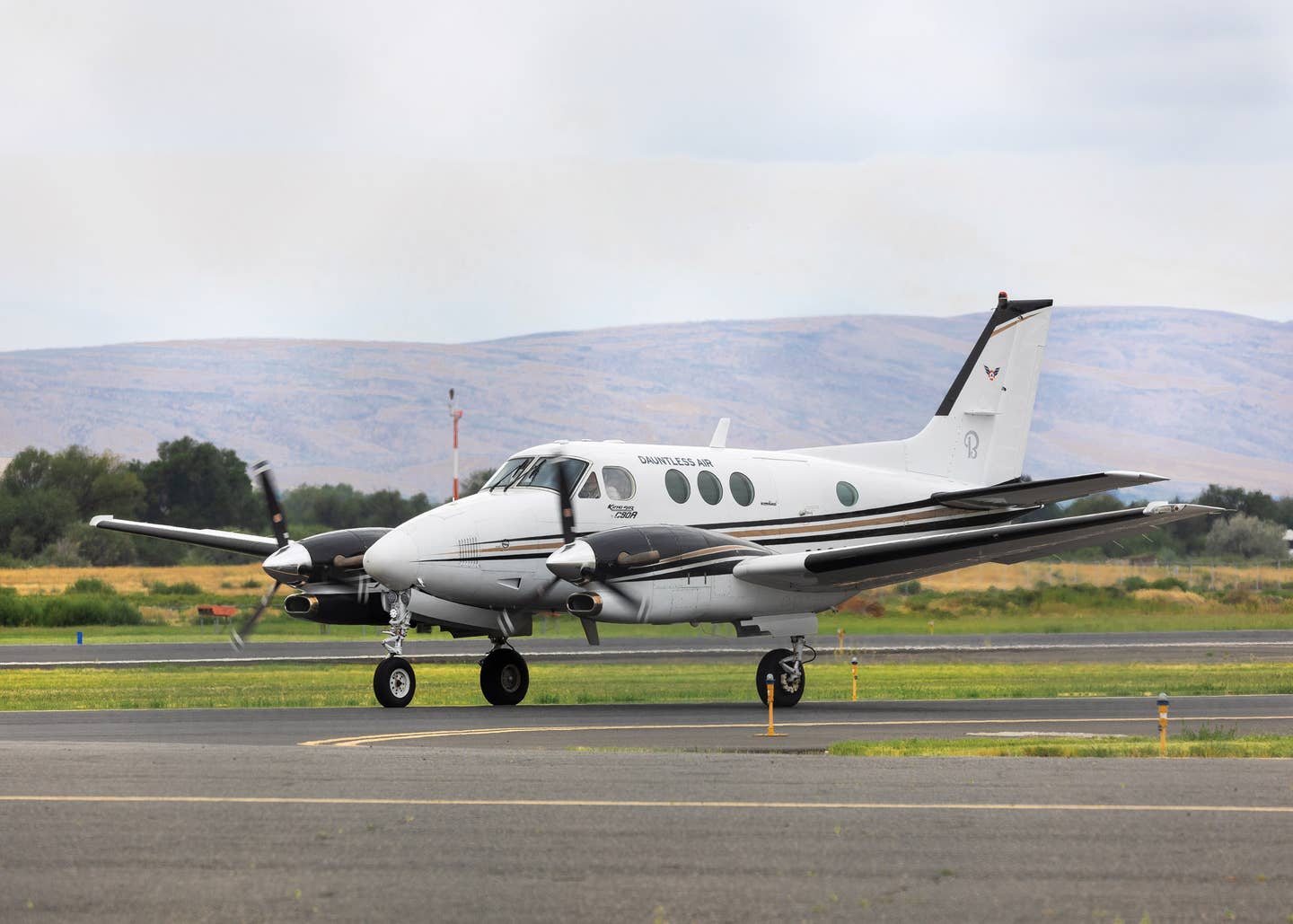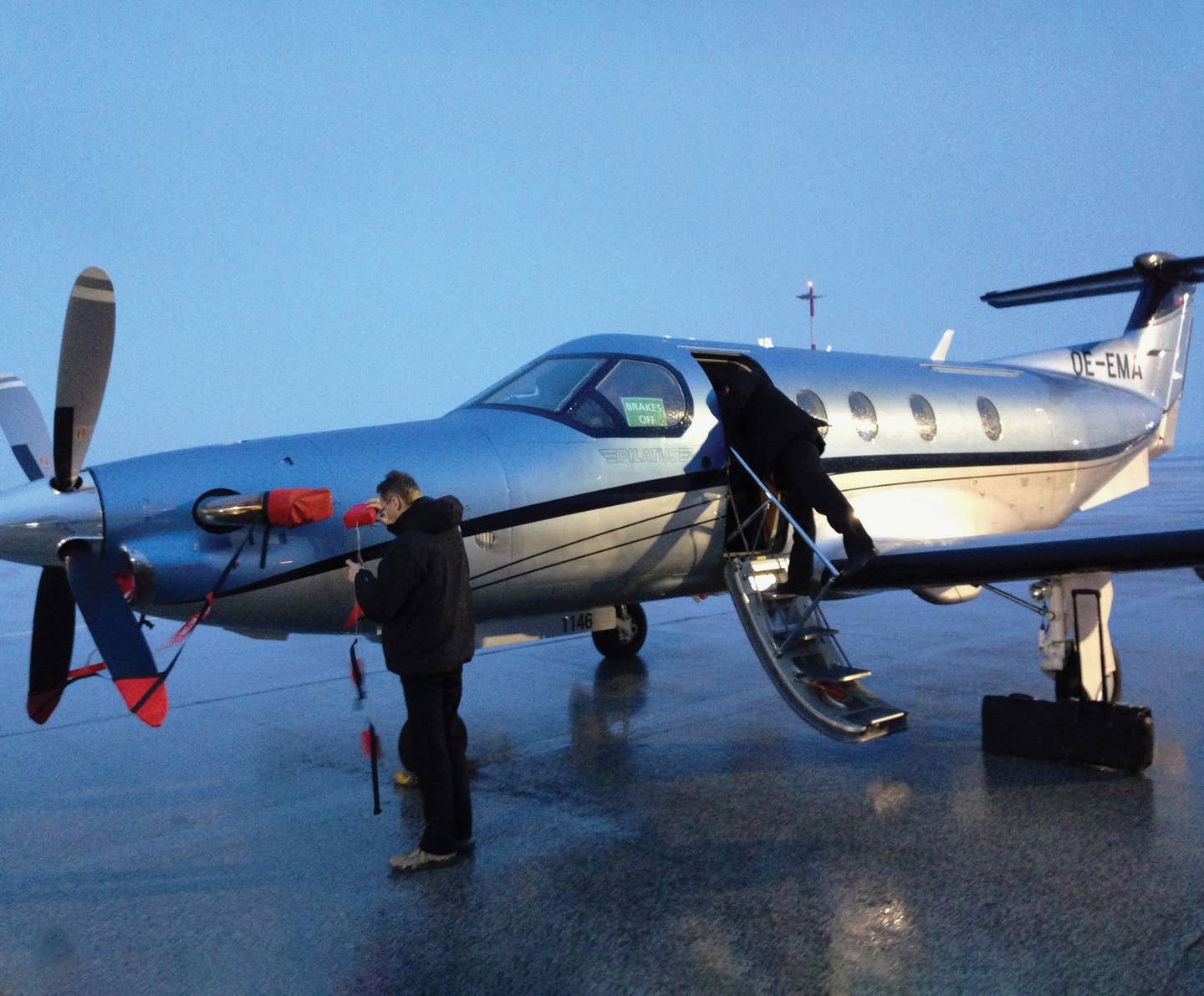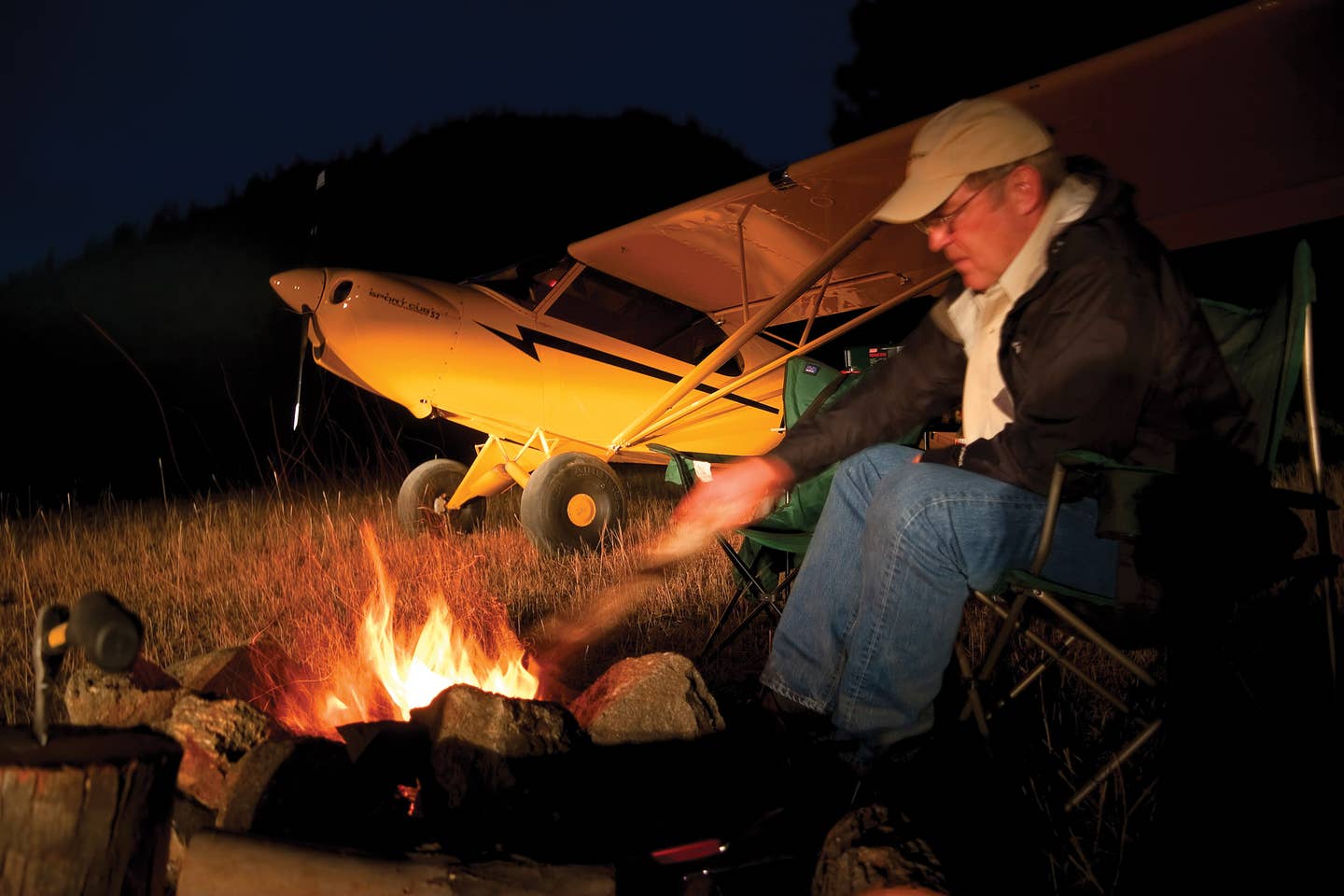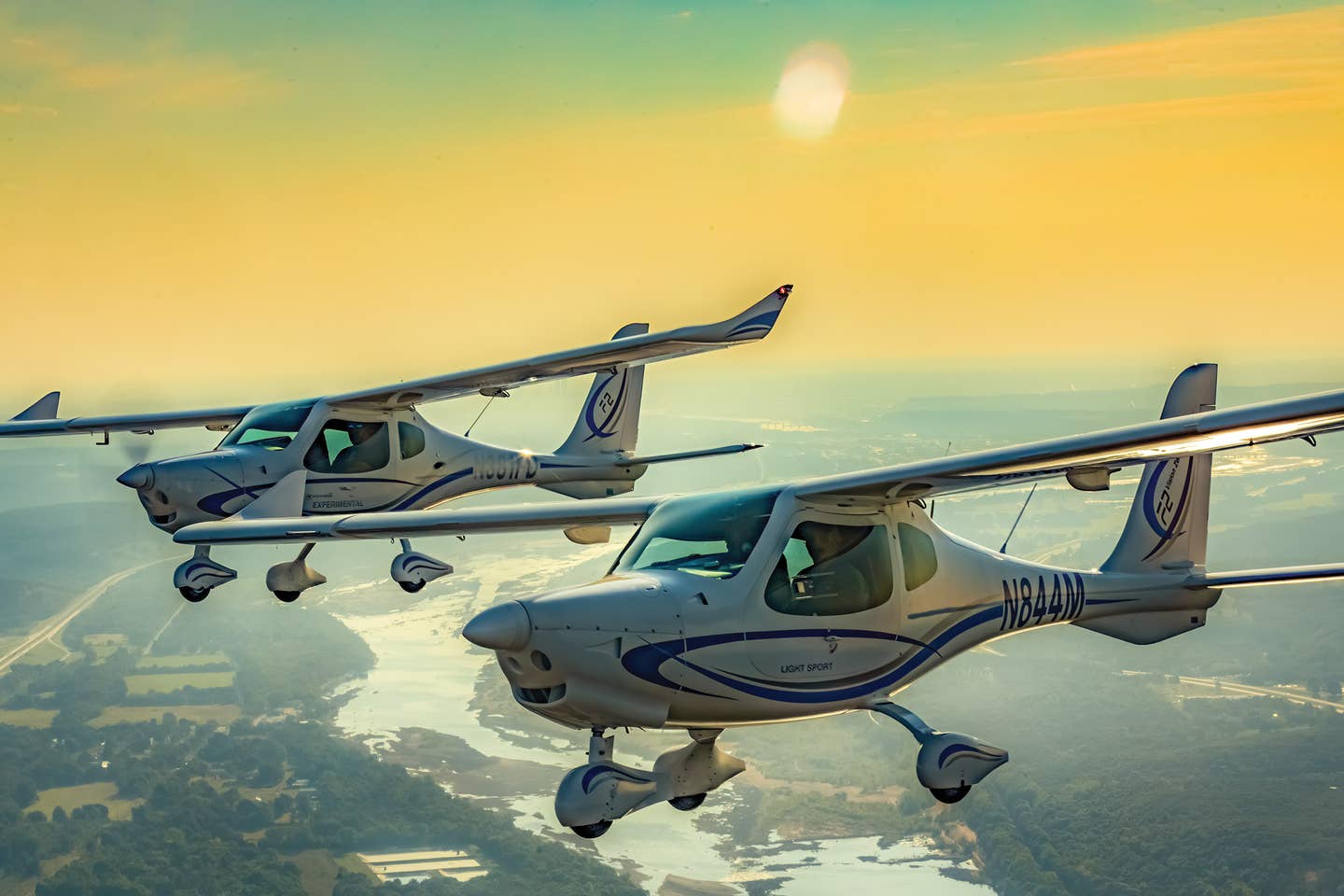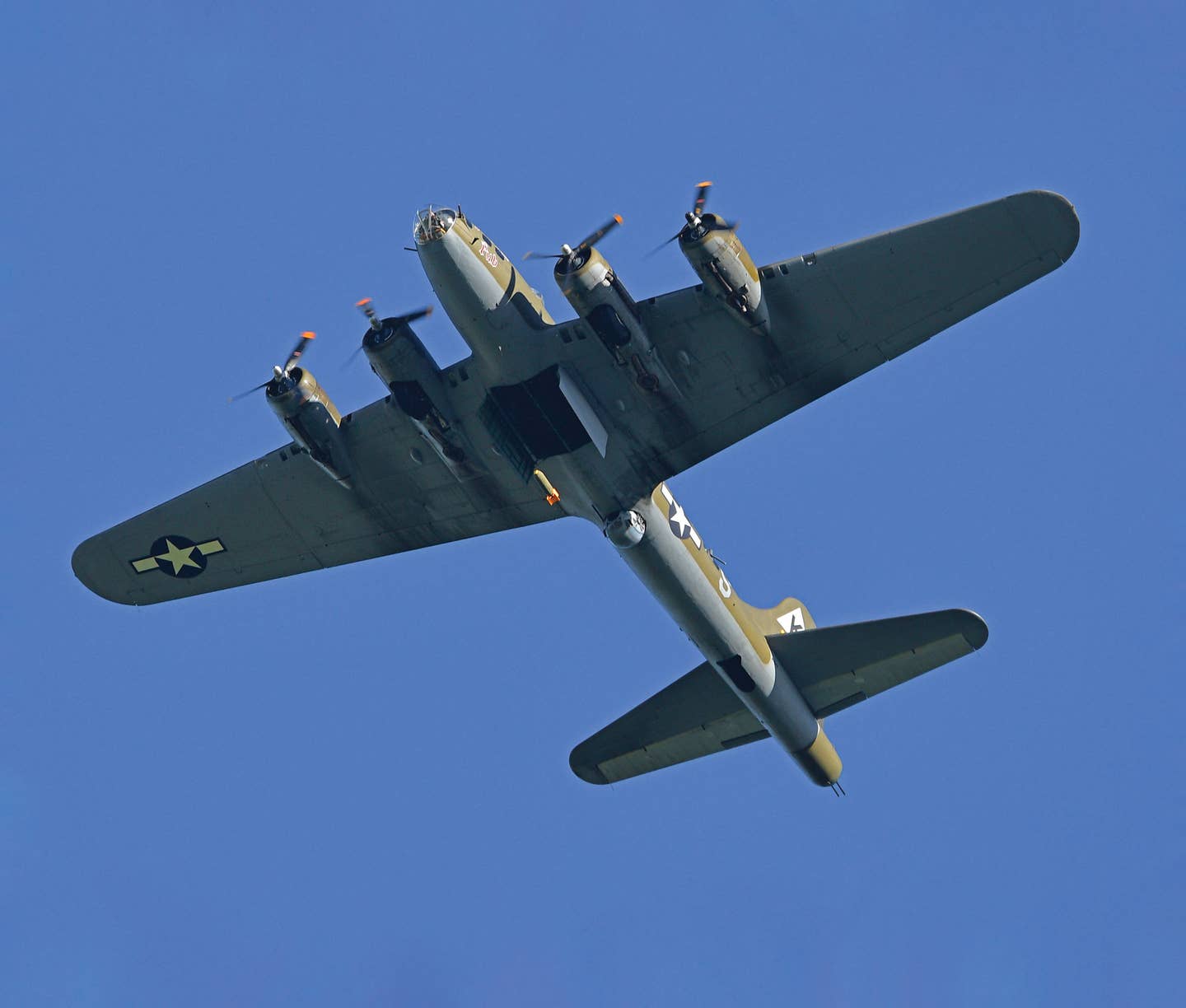When Is A Hobby Not A Hobby?
Regardless of how little a person flies, is it really a pastime?
 |
Maybe it's a personal thing, but to apply the term "hobby" or "pastime" to flying sounds somehow demeaning. As if the pursuit is trivial and unimportant. Unfortunately, from the outside, it's easy to see why non-aviators view it that way. It appears unimportant because they don't see it as ever being part of their own lives. However, from the inside, we all see flying as an absolute necessity for life. Whether it's five hours a year or 500, it's the fifth food group, and we can't go without it and still maintain our mental health.
It's difficult to explain where the concept of "hobby" crosses from being purely a pastime (a way to pass time) into something more, but there's a clearly defined crossover point in every narrow niche interest. It seems as if an interest that can be as seemingly mundane as button collecting can be approached as something you just "do" while at the entry level. You're just keeping your eyes open for buttons you like and toss them into a jar on a whim. It's fun, but not something you're driven to do. However, even with buttons, as a person gets deeper into it, it reaches a point when something changes in their mind. Suddenly, there are buttons and then there are "buttons!" Some that count, some that don't. Some that exert an irresistible pull on a person's mind and some you barely notice. At that point, every interest changes from being a casual thing to something that becomes more and more a part of that person's identity. I think the ingredient that causes that change is passion: With the infusion of passion, an endeavor ceases being an intellectual pursuit and becomes something so heartfelt that increasingly it becomes an integral part of a person's lifestyle. At that point, to call it a "hobby" or "pastime" is patently wrong.
Regardless of how long a person has been in it, aviation is never purely a hobby. Even at the very beginning, when you arrive at the airport for your first lesson, something within you knows your life is about to change. You sense that you're doing something much more significant than attending your first button convention. The motivation that drives us to the airport comes from a different source. It's seldom based purely on curiosity. And, even if it is, as soon as we're 100 feet in the air on our first flight, the magic reaches inside of us, trips a switch, and we're all in. We're committed, whether we know it at the time or not.
Aviation is a psychological tar baby that, once you touch it even lightly, it sucks you in deeper and deeper, and escape is impossible. The infection runs very deep, very quickly. But, that doesn't necessarily mean that continuity is part of the equation. The journey is seldom without its hiccups.
Almost all aviators travel a similar road through life. First, there's youth, then there's flight, then there's the marriage/kids/mortgage/career interlude during which the shortage of both money and time often bring flying to a complete stop. However, that doesn't mean that person is no long an aviator, nor that he/she has lost interest.
Anything that's rooted in passion never actually leaves a person's mind. Inactivity, financial restraints, age and any of the other things that prevent participation do nothing to subdue the passion. If it's in the heart, it stays in the heart. It may be pushed off to the edges of our thought processes, but it never dies. Oh sure, it may lay dormant for long periods of time like brine shrimp in a dry lake. But, the first time it rains, the first time you pass an airport, life is pumped back into that passion and it quietly blossoms around the edges of your life until time permits you to wrap our hands around it and do something with it. This is aviation in spades. It never actually leaves a person's system.
I can't count the times I've run into graying vets who haven't touched an airplane since they returned from overseas 70 years ago. The instant I ask a question about their service, you can see their eyes brighten, and their entire demeanor changes. The interest I've shown in their flying days pumps a little mental moisture into a long-dormant interest, and it blooms. To a man/woman, they are, in some corner of their minds, still pilots. They still identify themselves as those youngsters who straddled thousands of horsepower and did amazing things. The passion is still there just waiting for the smallest thing to reignite it.
Even more often, I'll be at some sort of non-aviation gathering, and I'll see the passion bounce to the surface at the bare mention of the word "airplane." As recently as a few weeks ago, at breakfast with my daughter and a couple of her employees/friends, the subject of airplanes came up, and one of her guys suddenly rose to the spark. He was driven to talk about his father who had spent his life in aviation and made his son part of it. It was easy to see the young man come to life in a way that no one in his office had seen because he was in I'm-building-a-career mode and hadn't had a chance to flex his frustrated aviation muscles for a long time. He was subtly excited to be with someone who understood that part of his world. I was a fresh, familiar breeze from his past, and I'm willing to bet money that he'll be back in the flight training groove in the near future.
It's difficult to diagnose what it is about aviation that gets in a person's gut and stays there for a lifetime. But, one thing is for sure, it definitely isn't a hobby or a pastime. The following is a cliché, but more than anything else, aviation resembles a disease. One for which there's no known cure. And that's not a bad thing.

Subscribe to Our Newsletter
Get the latest Plane & Pilot Magazine stories delivered directly to your inbox

